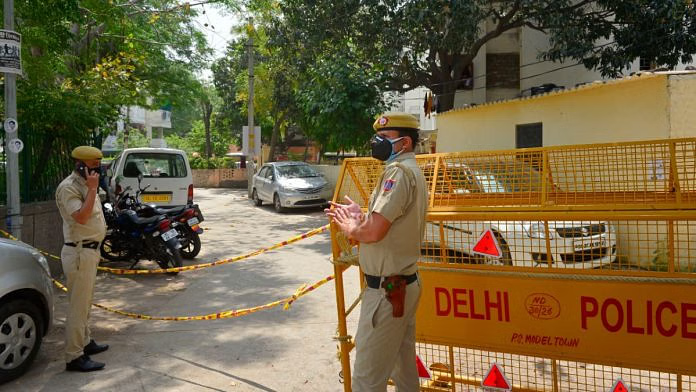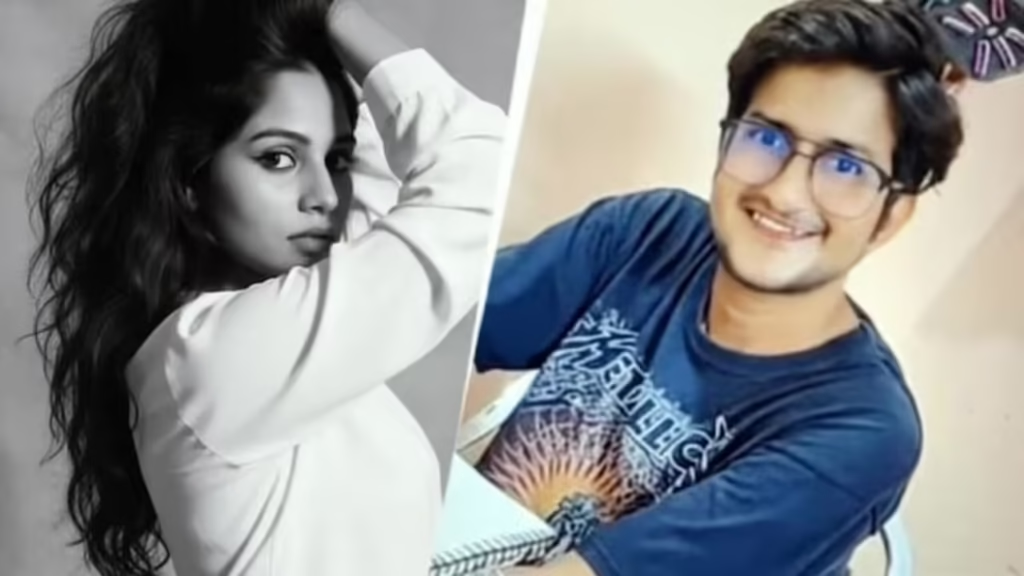Now Reading: Shooter in NYC Leaves Chilling Note on Brain Disease, Points Finger at NFL
-
01
Shooter in NYC Leaves Chilling Note on Brain Disease, Points Finger at NFL
Shooter in NYC Leaves Chilling Note on Brain Disease, Points Finger at NFL

A mass shooting in Manhattan has taken a disturbing turn with the discovery of a suicide note that accuses the NFL of ruining the shooter’s mental health. In the note, the suspect pleads for his brain to be studied for CTE—a neurodegenerative condition linked to repeated head injuries in athletes, especially football players. The case has stirred conversations far beyond the US, especially among those tracking mental health issues in contact sports.
The accused, who took his own life after fatally shooting multiple people in a crowded building, left behind a letter stating that his brain “was never the same” after years of playing football. He specifically mentioned the National Football League (NFL), blaming it for long-term damage and emotional turmoil. He asked medical experts to examine his brain after death to determine if he had Chronic Traumatic Encephalopathy, or CTE.
CTE is a condition caused by repeated blows to the head, often seen in contact sports like football, boxing, and even wrestling. It can lead to memory loss, depression, aggression, and suicidal tendencies. Several former NFL players have been diagnosed with it posthumously, triggering lawsuits, safety reforms, and deeper medical studies.
The Manhattan incident has reignited debate around the role of sports authorities in protecting athletes’ mental well-being. While the NFL has made changes to reduce head injuries, critics argue that it’s too little, too late for many players who suffer long-term consequences.
In India, where sports like kabaddi, wrestling, and cricket dominate the scene, such developments are a wake-up call. Tier 2 cities, where local clubs and schools often promote physical sports without proper medical supervision, should pay attention. Repeated head trauma—even at amateur levels—needs to be taken seriously. There’s a lack of long-term data in India on this, but global incidents like these offer clear warnings.
This tragic case from New York underscores the importance of looking beyond the glory of professional sports. It opens up uncomfortable but necessary questions: Are sports bodies doing enough? And how do we balance performance with protection?
The demand to “study my brain” was not just a personal plea—it’s a societal alarm that shouldn’t be ignored.

























